What’s the Problem with Parabens and Other Preservatives?
Hint: There is none.
Parabens have managed to get an (unfairly) bad reputation for themselves in the last decade, with companies bending over backwards to declare their products “paraben-free.” It’s very hard, when you are constantly bombarded with that statement, to not feel as if there might be a reason to avoid parabens. But I’m going to explain to you that not only are they safe in your products - preservatives are absolutely necessary for anything you put on your skin!
What Exactly is a Paraben?
Parabens are chemicals derived from parahydroxybenzoic acid, a substance found naturally in many fruits and vegetables like olives, carrots, or grapes. Their role is in preventing the growth of microbes in your products and they’ve been used in food, beauty products, and pharmaceuticals.
They are extremely popular and are used in the majority of cosmetic products as the preservative of choice.
Why?
They’re very effective, not expensive, and there’s no evidence they’ve ever caused any significant harm to anyone. Rarely, people can get allergic reactions to parabens (as you can to any substance), but this is often on skin that already has a disrupted skin barrier.
Parabens Have Been Used Safely for a Century
Parabens first were used in products in the 1920s-30s.
Let that sink in for a moment.
They have been used safely for a hundred years by billions of people.
If that’s not a good track record, I don’t know what is!
So What is All the Fuss About?
A flawed study raised the potential concern that parabens could act like oestrogen in the body, which is a female hormone. Excess oestrogen is linked to breast cancer, which obviously raised alarm bells and concerned quite a few people.
Now this oestrogen-like activity has only ever been seen in animal models and in laboratory tests, not in humans. These studies had methodological issues - like not comparing samples appropriately or detecting parabens in samples with no tissue at all. However, this decades old study was then gleefully sent far and wide in an attempt to scaremonger, and the damage was done.
There has never been any study that has shown any causal link between parabens in your cosmetic products and breast cancer. In fact the levels of paraben that occur in your body from using products containing parabens is so, so small it is negligible.
The FDA has even gone on record about the safety of paraben use in products, as has the EU Scientific Committee on Consumer Safety.
What if We Just Use Nothing?
You need preservatives for safety. Otherwise, your products are the perfect environment for potentially harmful microbes to grow and contaminate the products. They wouldn’t last more than a couple of days without preservatives! Not only would that be extremely wasteful and make spending money on products pointless as they wouldn’t last, you would also be smearing your face with contamination.
I can’t think of anything worse for your skin health.
Why Don’t We Just Use Something Else?
Anything you replace paraben with has a weaker safety record with much less evidence and research behind it, and is more likely going to be more allergenic or irritating. Period.
You are welcome to use alternatives - many companies do - and that is fine (it’s better than using no preservatives). However, just note that the above is going to be true.
The Bottom Line
There is no doubt that you need preservatives to protect your products from contamination. Parabens are the oldest, safest, most researched, and most inexpensive preservatives that we have. Alternatives are higher risk by the very nature that there is less data around them, they’re not proven to be as effective, and they often are more irritating.
Companies often are forced to cater to media scaremongering because it grabs people’s attention, it’s very good marketing, and misinformation is so prevalent they cannot afford not to.
But there is absolutely no scientific reason to avoid parabens!

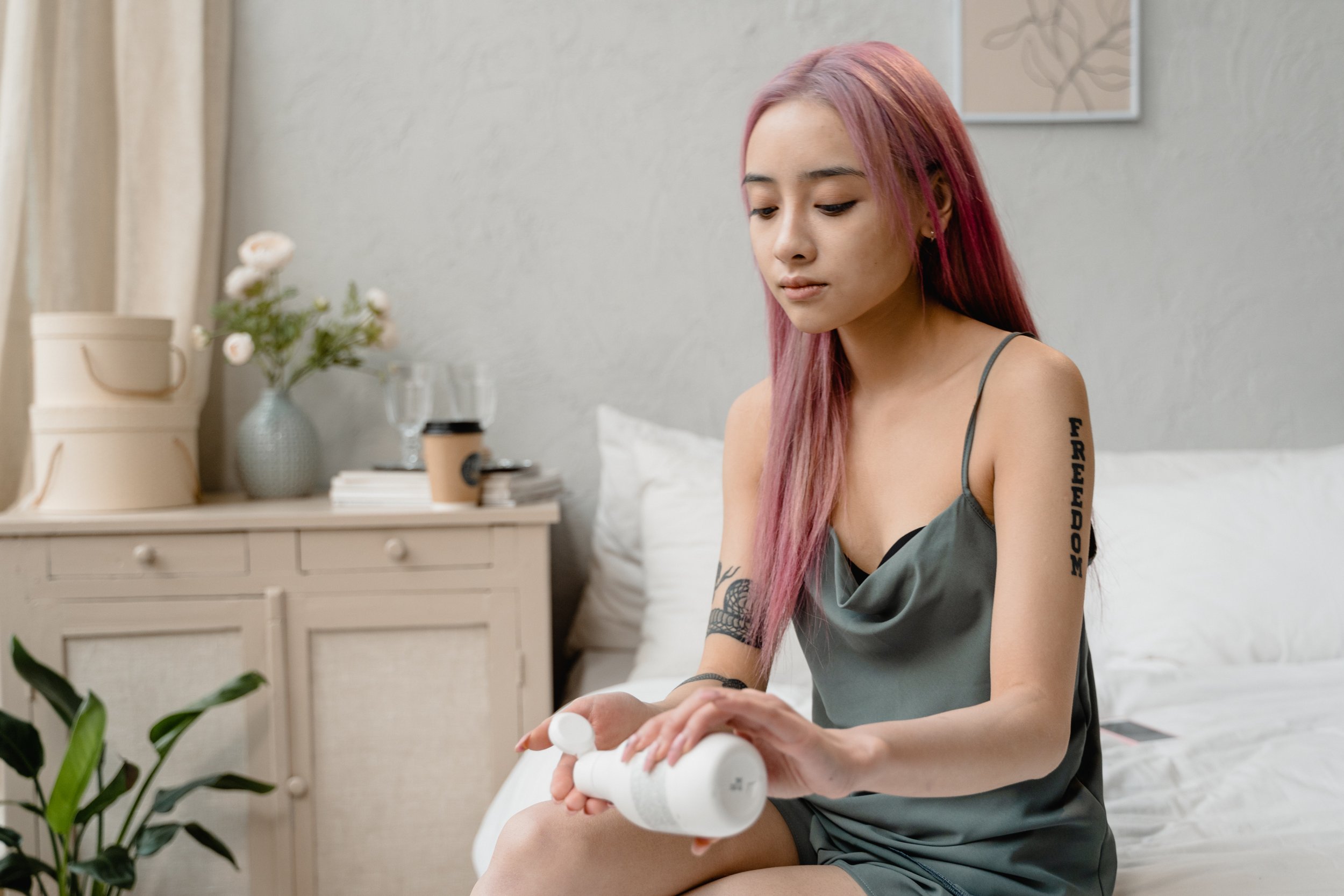
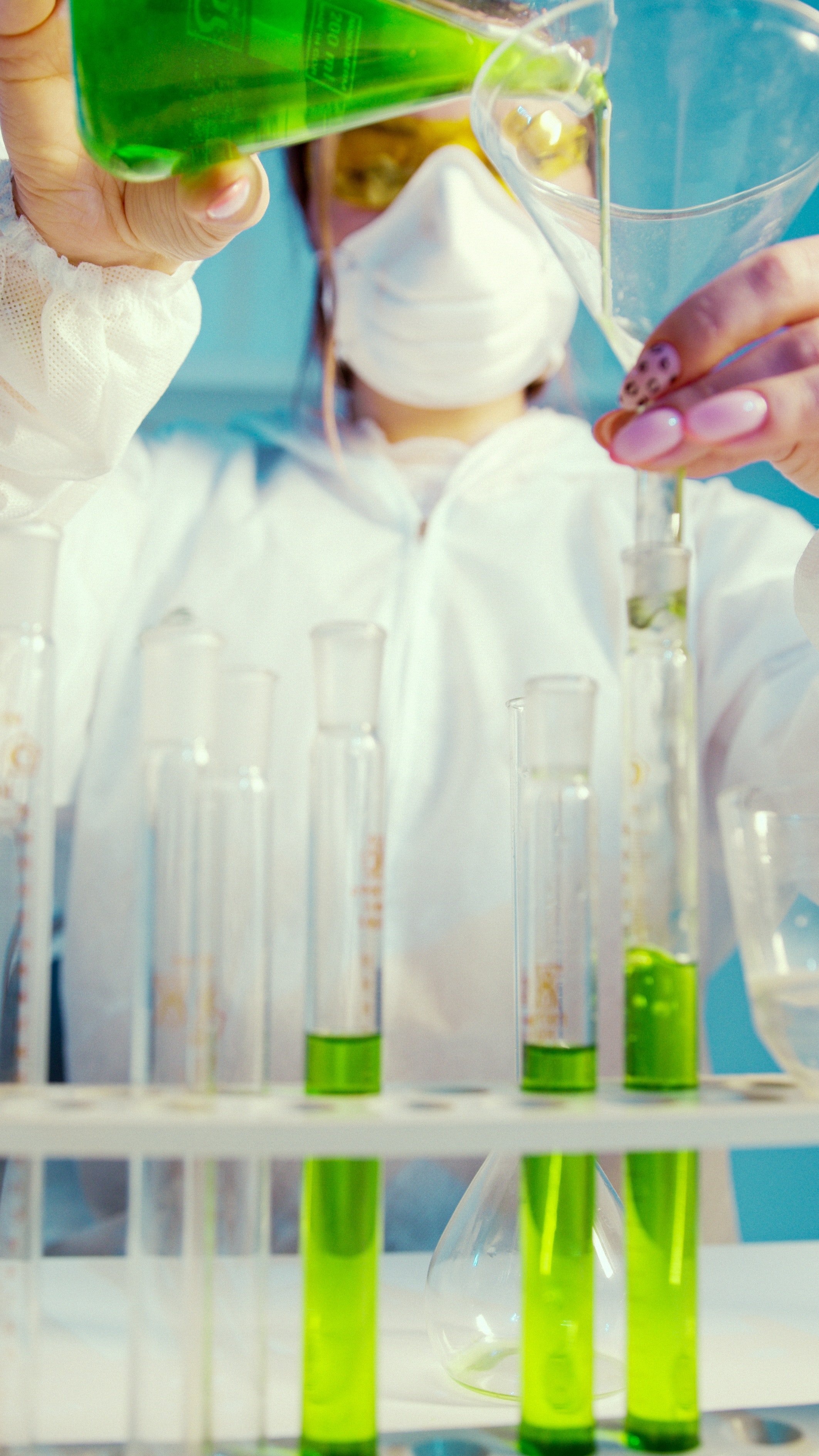

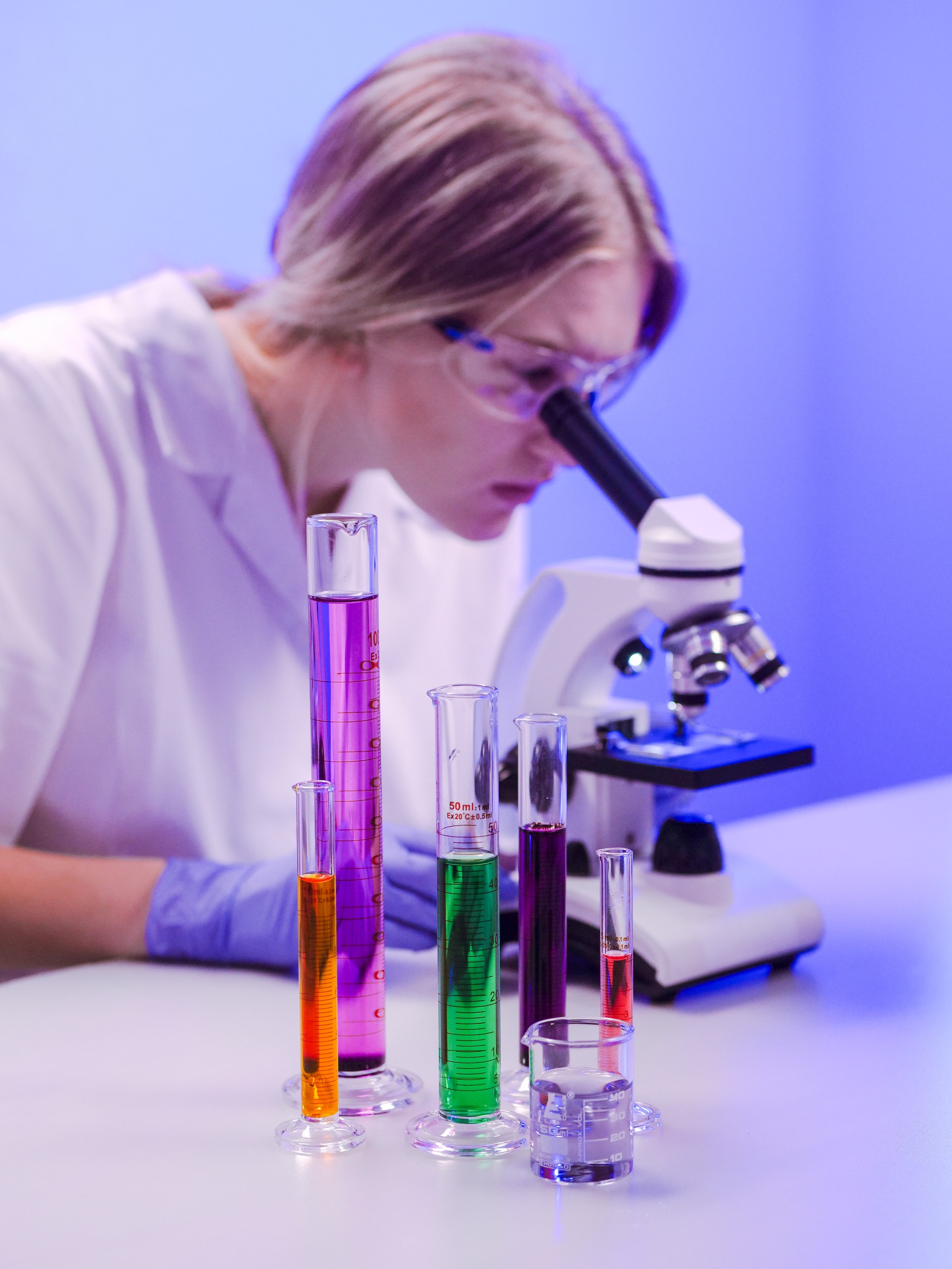


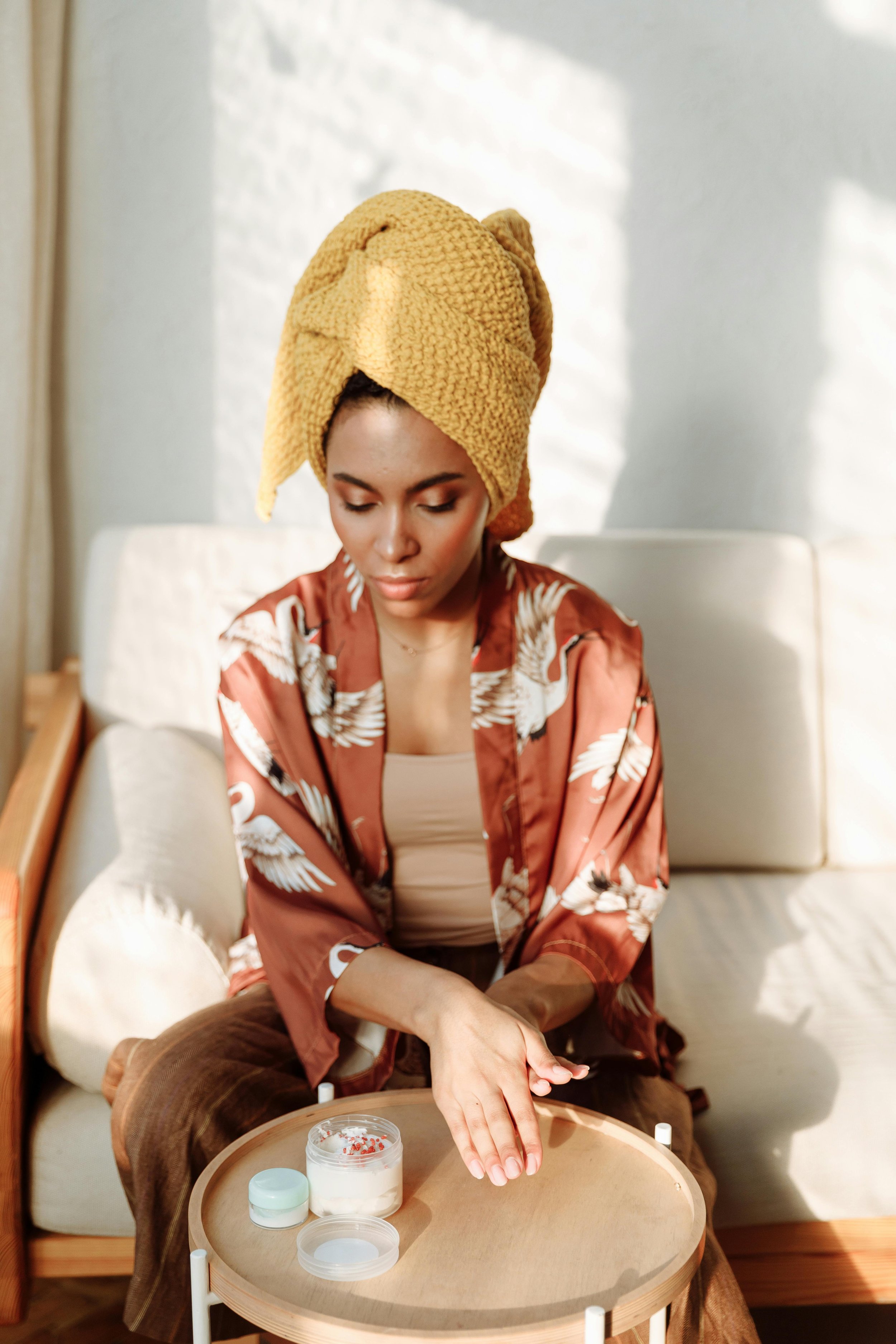
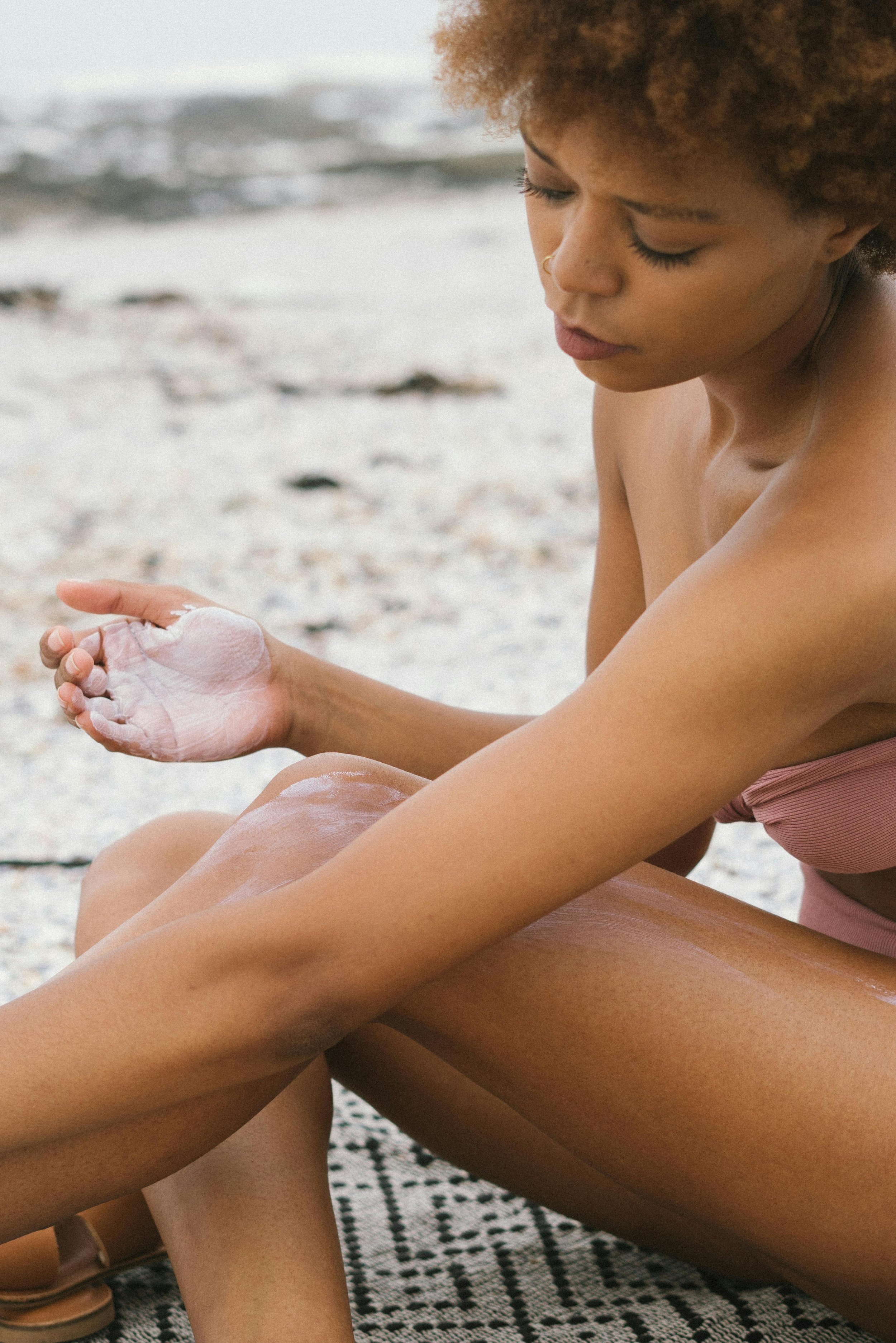
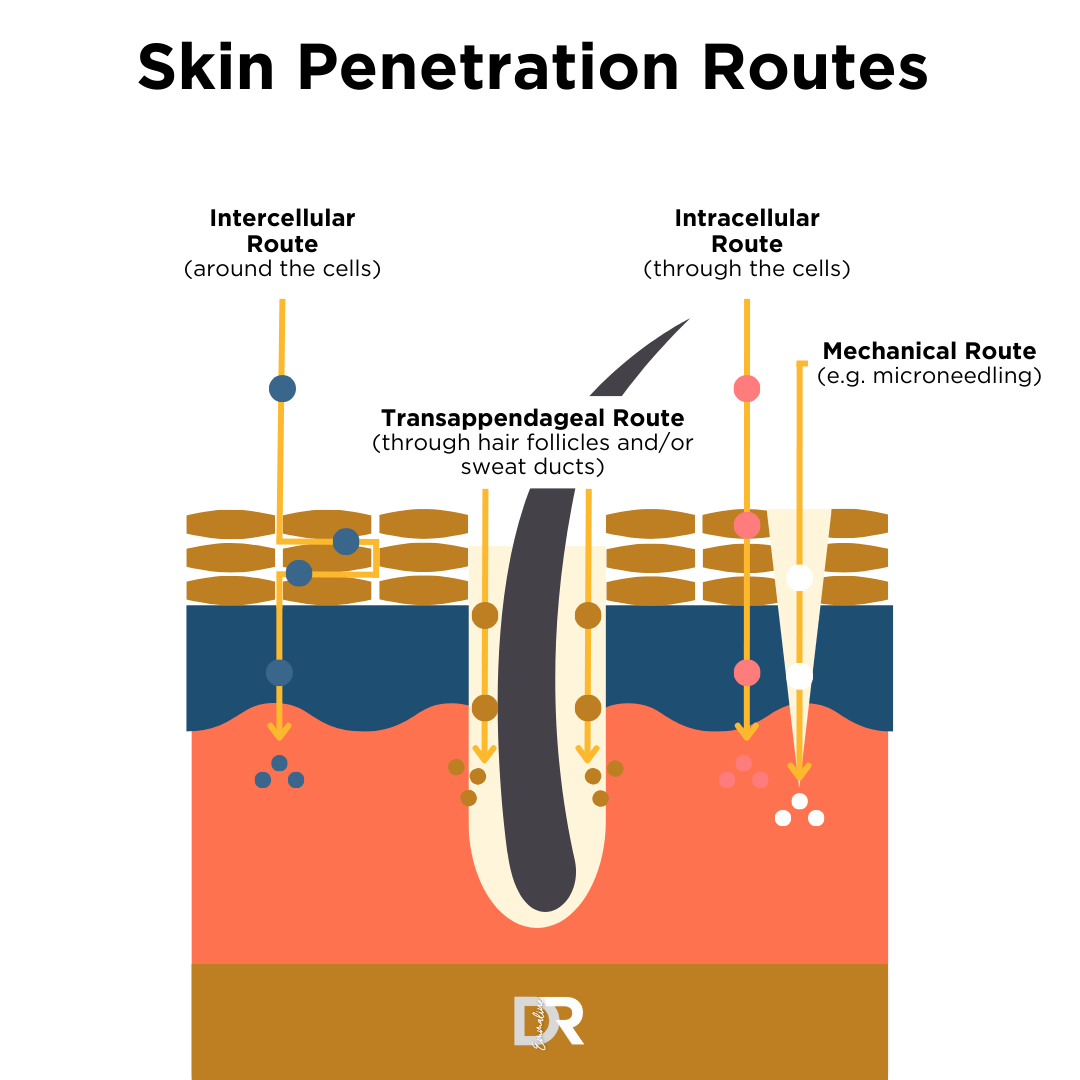
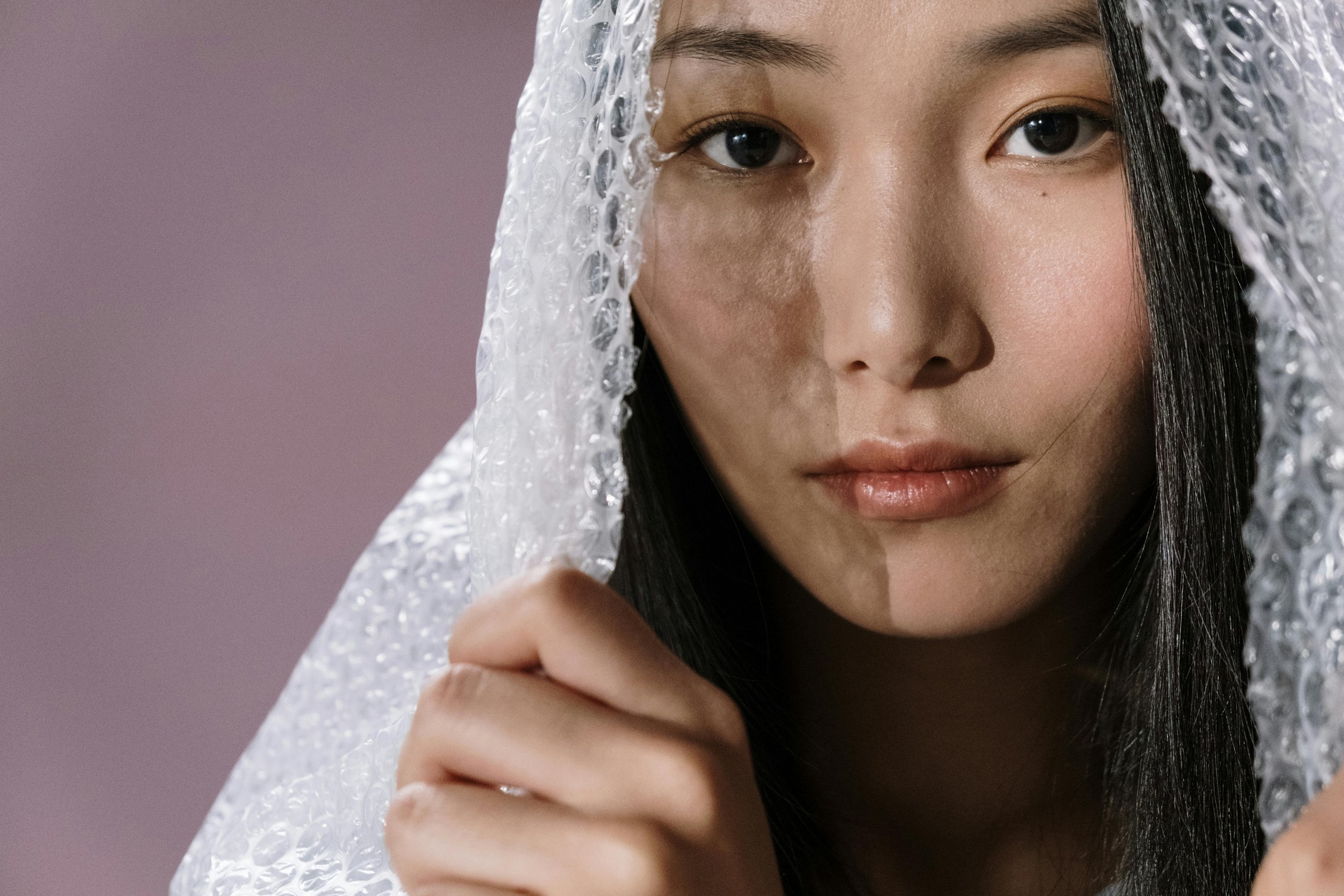




When it comes to skincare, acids have long been the stars of the show—think glycolic, salicylic, and hyaluronic acids. These tried-and-tested ingredients have earned their reputation for addressing common skin concerns such as acne, wrinkles, and dryness.
But did you know there are lesser-known acids that are starting to make their mark in the skincare world? While some have been used for centuries, others are still emerging in research. In this blog, we’ll introduce you to some skincare acids you may have never heard of, discuss their potential benefits, and help you decide whether they should make their way into your routine.